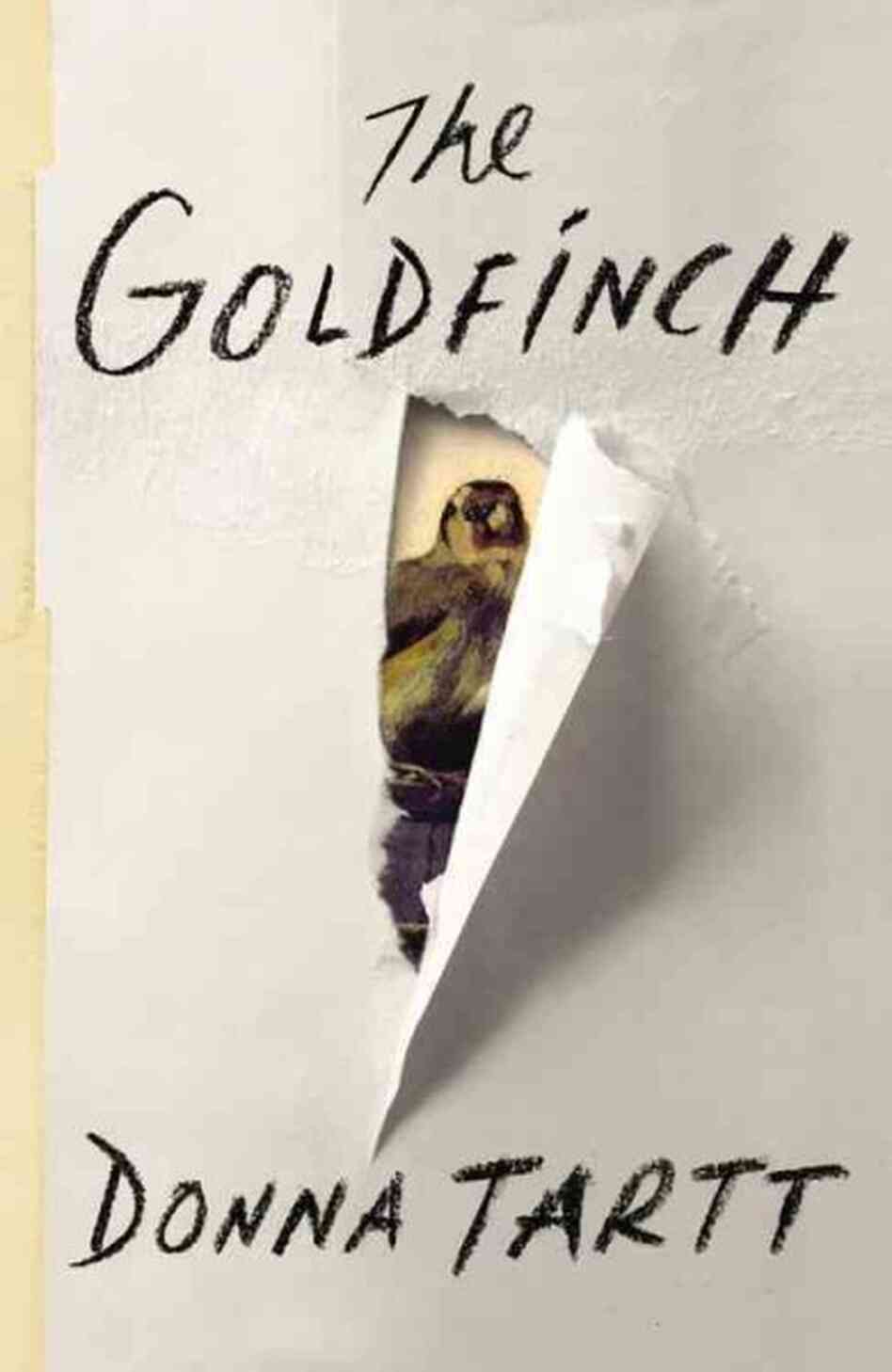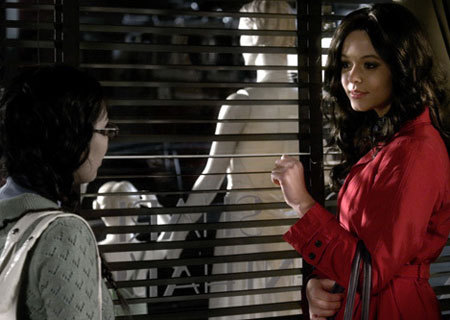I love love love Makkai's short stories, but somehow never got around to reading her terrific novel, The Borrower, until just now. There is a Nabokov nod right off the bat!
They say I'm the most terrific liar they ever saw in their lives. And that one, old lecher-lepidopterist, gabbling grabber, stirring his vodka-pineapple from the high narrow shelf of N-A-B, let me twist his words. (You can always count on a librarian for a derivative prose style): Ladies and gentlemen of the jury, exhibit number one is what I envied, what I thought I could fix. Look at this prison of books. (2)
More Nabokovilia:
(Did he have a predecessor? asks Humbert.
No. No, he didn't. I'd never met anyone like him in my life) (6)
Thus Nabokov lived between Gogol and Hemingway, cradled between the Old World and the New; Willa Cather and Theodore Dreiser and Thomas Hardy were stacked together not for their chronological proximity but because they all reminded me in some way of dryness... (30)
Possible Nabokovilia! (Echoes of the Quilty/Humbert conversations.)
"I'm Glenn," he said. "I'm the penis."
"I'm sorry?"
"The pianist. For tonight." (37)
"Do you pray?"
"I'm sorry?"
"Do you play. Piano." (39)
Lovely bit echoing
Lolita's "I am thinking of aurochs and angels, the secret of durable pigments, prophetic sonnets, the refuge of art":
Here are the pictures, then. Gather around and look close: runaways and borrowers, angels and aurochs and actors, crafty villains and small, scrappy heroes. Now, complain that the girl in front was blocking your view. Squint hard and ask why the artist drew it all wrong." (322)




























